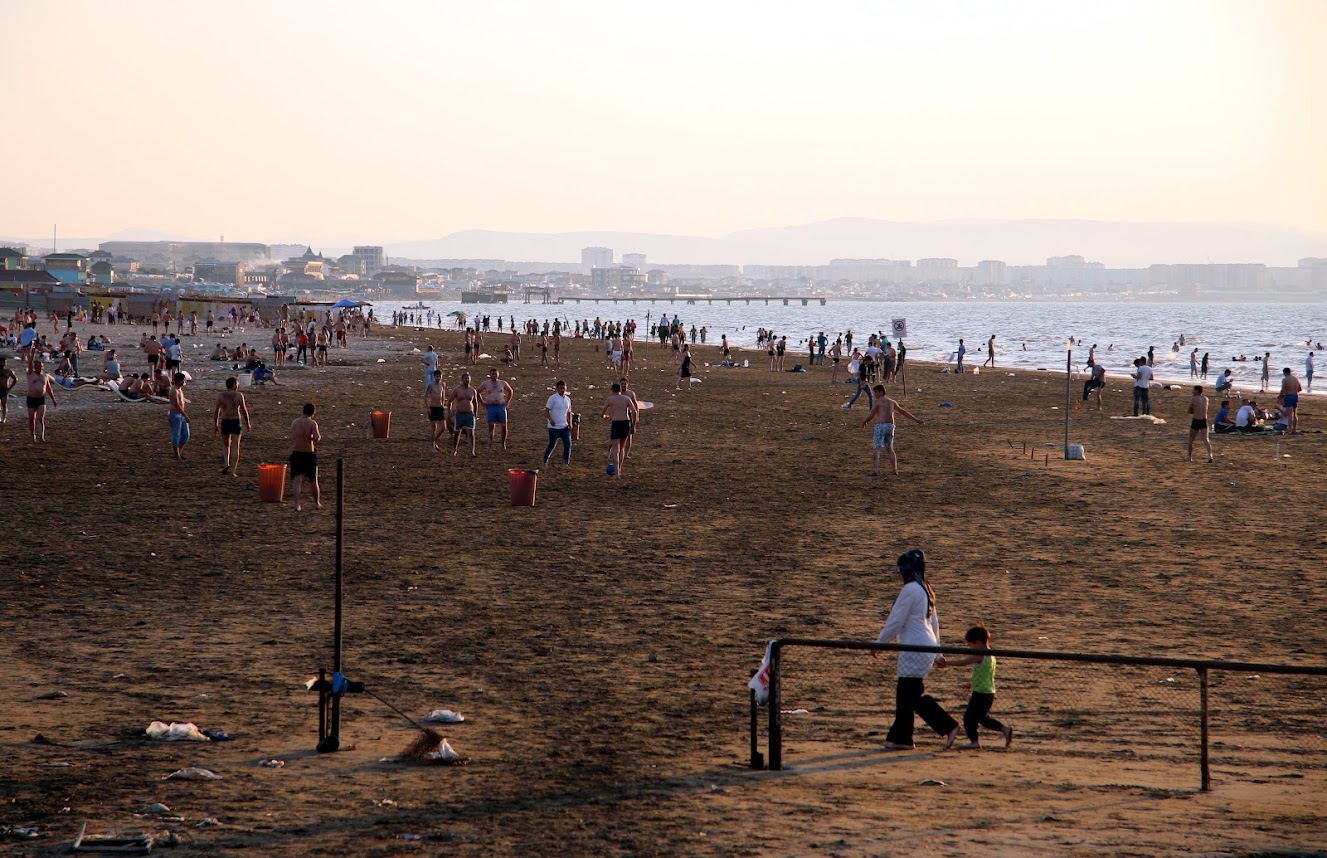Author(s): Publish date: 27.03.2024, 15:06 | Creation date: 27.03.2024, 15:06 | Update date: 27.03.2024, 15:06
FAKE: This Telegram account doesn’t belong to Awash Bank
The Bank shared its authentic social media accounts through its verified Facebook page and announced the existence of fraudulent accounts.
This Telegram account, supposedly belonging to Awash Bank and claiming to offer gifts to those who will add others to the channel, is FAKE.
One of the Amharic posts in the channel translates to; “Dear customer, welcome to Awash Bank. Awash Bank has opened a Telegram group to expand its reach and is rewarding from 1000 to 15,000 Birr for those who add people to the group every week. Dear Customers now invite more than 50 people and receive your reward through our bot.”
Furthermore, as seen in the screenshot below, the information section of the channel states, “To join the challenge, all you have to do is add [people] to this group.
The list of awards is as follows. 5,000 Birr if you add 50 people, 10,000 Birr if you add 100 people, 15,000 Birr if you add 200 people, and 25,000 Birr if you add 500 people. We give priority to those who add many people. Awash Bank.” Birr is Ethiopia’s national currency.
In addition, the account uses Awash Bank’s logo as its profile picture.
The Telegram channel, however, does not belong to Awash Bank. The Bank shared its authentic social media accounts through its verified Facebook page and announced the existence of fraudulent channels in the name of Awash Bank.
“Warning message. We found out that some scammers use our Bank's name and logo and open a fake Telegram channel. They are also frequently spreading messages that say, “Invite and get a reward.”
Therefore, we would like to state that messages other than those shared through our authentic social media pages do not represent our Bank,” Awash Bank's post reads.
PesaCheck reviewed Awash Bank’s' verified Facebook page and Telegram channel, but the claimed information wasn’t found.
The warning message on the Bank's verified Facebook page was shared with the following links: this is Awash Bank's website; this, this, and this is the Bank’s X, LinkedIn, and Instagram pages respectively.
PesaCheck has examined a Telegram account, supposedly belonging to Awash Bank and claiming to offer gifts to those who will add others to the channel, and found it to be FAKE.
This post is part of an ongoing series of PesaCheck fact-checks examining content marked as potential misinformation on Facebook and other social media platforms.
By partnering with Facebook and similar social media platforms, third-party fact-checking organisations like PesaCheck are helping to sort fact from fiction. We do this by giving the public deeper insight and context to posts they see in their social media feeds.
Have you spotted what you think is fake or false information on Facebook? Here’s how you can report. And, here's more information on PesaCheck's methodology for fact-checking questionable content.
This fact-check was written by PesaCheck Fact-Checker (Name of Fact-Checker) and edited by PesaCheck Chief Copy Editor [Name of Editor] with research input from/ translated by (Name of researcher/Translator).
The article was approved for publication by PesaCheck Managing Editor (Name of Managing Editor).
PesaCheck is East Africa’s first public finance fact-checking initiative. It was co-founded by Catherine Gicheru and Justin Arenstein, and is being incubated by the continent's largest civic technology and data journalism accelerator: Code for Africa. It seeks to help the public separate fact from fiction in public pronouncements about the numbers that shape our world, with a special emphasis on pronouncements about public finances that shape government’s delivery of Sustainable Development Goals (SDG) public services, such as healthcare, rural development and access to water / sanitation. PesaCheck also tests the accuracy of media reportage. To find out more about the project, visit pesacheck.org.
PesaCheck is an initiative of Code for Africa, through its innovateAFRICA fund, with support from Deutsche Welle Akademie, in partnership with a coalition of local African media and other civic watchdog organisations.

